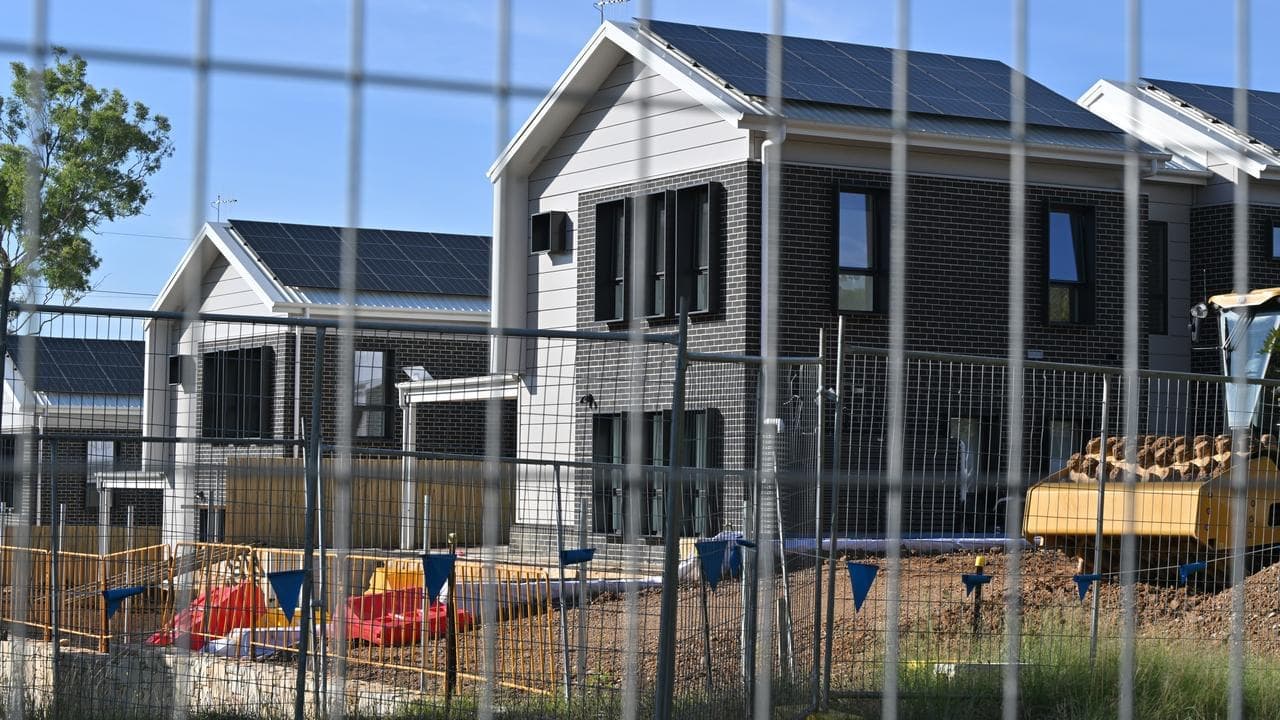WHAT WAS CLAIMED
Remdesivir is responsible for a significant number of COVID-19 deaths and was found to be "deadly" during a 2019 trial.
OUR VERDICT
False. The trial did not find remdesivir is deadly, and trials in COVID patients have found adverse effects are generally mild and rare.
AAP FACTCHECK - Antiviral drug remdesivir was not found to be "toxic" and "deadly" in a 2019 trial and has not been responsible for a significant number of COVID-19 deaths, despite online claims.
The trial found the drug had a favourable safety profile, while subsequent trials in COVID patients have found adverse effects are rare.
The claim was made in an Instagram clip featuring retired chiropractor Bryan Ardis, who has been the subject of numerous fact checks, and podcaster Elizabeth Carson.
Mr Ardis suggests remdesivir is a leading cause of COVID-19 deaths for those diagnosed in hospital.
"I explained the entire way in which everyone with COVID-19 being diagnosed in a hospital, how they died between day one and day nine," Mr Ardis says. "Everybody that died, died on day nine of a 10-day treatment with remdesivir."
He goes on to claim a 2019 trial on Ebola patients in Africa found the drug was supposedly dangerous.
"In that trial in Africa a year before COVID, it killed 53 per cent of all people they gave it to.
"And the safety board for the trial had suspended the use of remdesivir in that trial at month six and notified the funders that this drug is too deadly, too toxic..."

However, the trial didn't raise safety concerns about remdesivir, nor have subsequent trials involving COVID patients.
The trial assessed the effectiveness of four treatments against Ebola in the Democratic Republic of Congo, including remdesivir, an antiviral first developed in 2009 as a potential hepatitis C drug.
A 2019 paper published on the trial explained that after eight months, the trial's safety monitoring board recommended ending the trial of two of the drugs, including remdesivir.
This was because the other two drugs were found to be more effective, not due to safety concerns.
In total, 43.1 per cent of participants died from Ebola, including 53.1 per cent of those who were treated with remdesivir, while the best performing drugs had a death rate around of 33 to 35 per cent.
The trial recorded only one serious adverse event in those who received remdesivir and concluded all four drugs had "favorable safety profiles".

Adam Levine, a professor of emergency medicine at Brown University who was an author of the paper, told AAP FactCheck that remdesivir "was stopped early because one of the treatments in the trial … was found to be significantly more effective."
He explained the drug wasn't responsible for the deaths of 53 per cent of recipients, rather Ebola was.
Prof Levine added that it wasn't possible to determine if remdesivir was better or worse than placebo for treating Ebola, because the study didn't have a placebo group as it was deemed unethical given the high death rate of the disease.
However, he said that "given that the average mortality in that epidemic for patients who received no treatment was closer to 66 per cent, it's likely remdesivir did have some benefit".
Remdesivir went on to become a COVID treatment. Multiple studies found the drug had few adverse effects in COVID patients, although results on its efficacy have been mixed.
A Cochrane review into the drug found it "probably makes little or no difference to all‐cause mortality" in the first 28 days following infection.
However, it said it probably increases "the chance of clinical improvement" and probably decreases the risk of clinical worsening in that period.
Prof Levine said that while evidence for the efficacy of remdesivir in COVID-19 patients has been mixed, he wasn't aware of any studies suggesting it increased deaths.

Vinod Balasubramaniam, a virologist at Monash University Malaysia, agreed that the 2019 trial was halted due to its lack of efficacy, not due to safety concerns, and the death rate was due to the severity of the Ebola outbreak.
He told AAP FactCheck that numerous trials on COVID patients haven't found that remdesivir increased death rates, while some trials found it may have improved recovery times and reduced deaths.
He pointed to a 2020 World Health Organization trial which found remdesivir had "little or no effect on hospitalized patients with Covid-19".
The 2743 patients treated with remdesivir had 301 deaths compared with 303 deaths in the control group of 2708 patients.
A review of randomised clinical trials published in 2021 said a 10-day treatment of remdesivir was "a safe antiviral drug with common adverse events in comparison to placebo" with a significantly lower rate of serious adverse events compared to placebo.
However, it also noted the drug resulted in "no significant reduction or difference in mortality".
Paul Young, an emeritus professor in microbiology at the University of Queensland, told AAP FactCheck the claim in the Instagram clip is "complete misinformation".
He said remdesivir has been shown to be well-tolerated with minimal toxicity, and that "no deaths have ever been recorded as being caused by remdesivir alone".
AAP FactCheck is an accredited member of the International Fact-Checking Network. To keep up with our latest fact checks, follow us on Facebook, Instagram, Threads, X, BlueSky, TikTok and YouTube.












